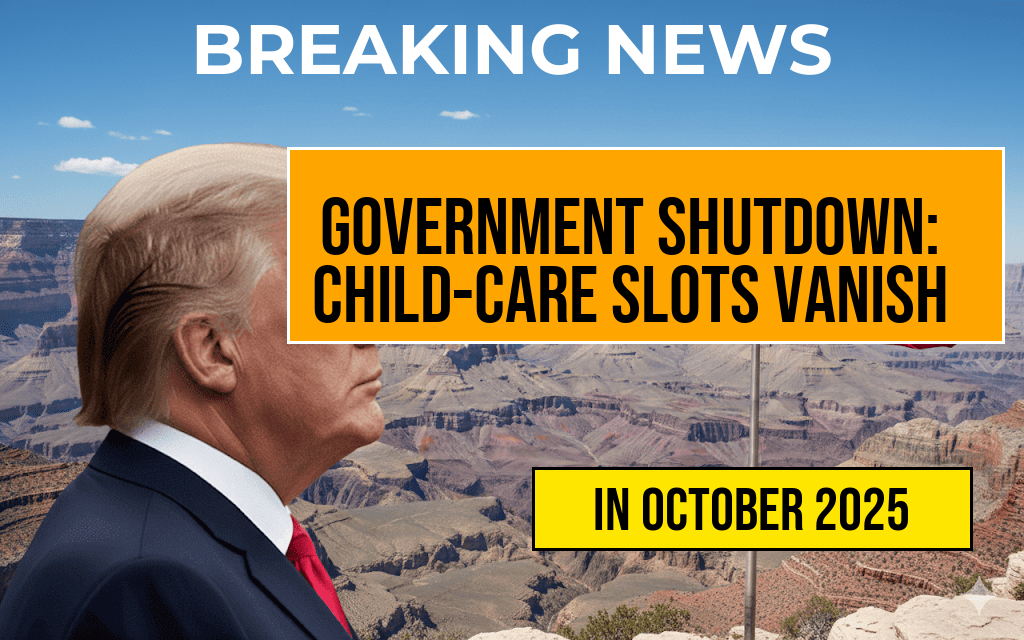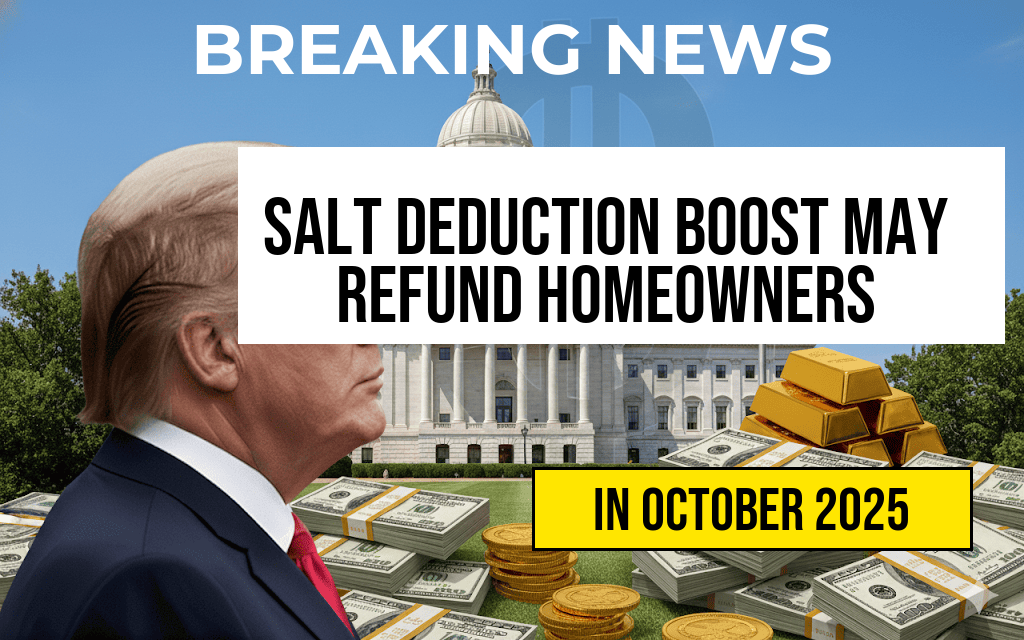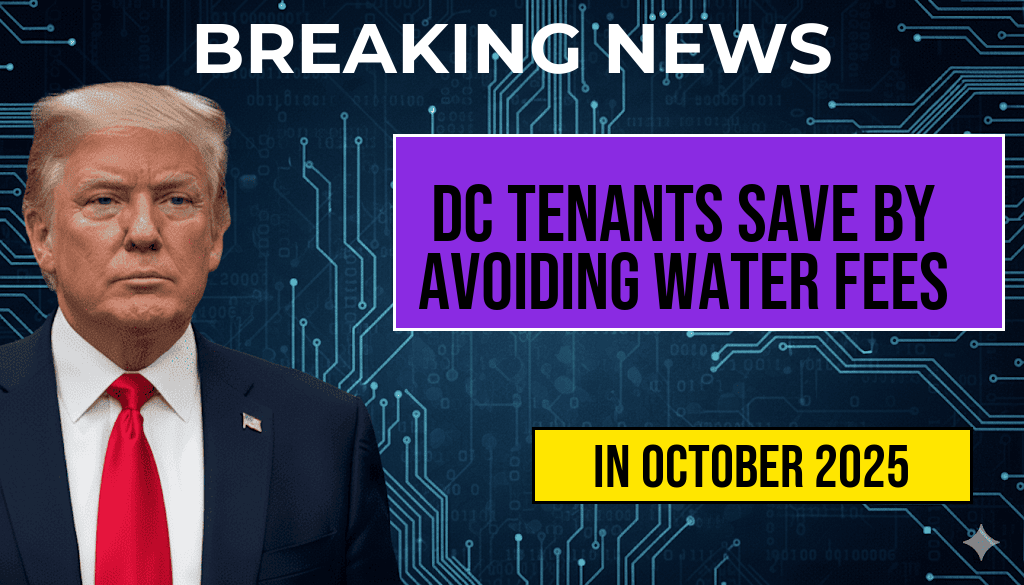The District of Columbia has enacted a new regulation aimed at protecting tenants from unexpected utility shutoff fees, which can range from $200 to $500. This rule, passed by the Public Service Commission (PSC), mandates that utility providers must offer a minimum of 30 days’ notice before disconnecting services. The initiative is designed to alleviate the financial burden on renters, particularly those in vulnerable situations, by ensuring they have adequate time to address outstanding bills or seek assistance. Advocates argue that this change will significantly impact low-income households, helping them avoid sudden financial strain and potential homelessness.
Understanding the New Regulation
The newly established notice requirement comes in response to growing concerns about the affordability of living in the nation’s capital. With the cost of living steadily rising, many tenants struggle to keep up with their utility payments. The PSC’s decision reflects an increasing acknowledgment of the challenges faced by low-income families, particularly in light of the COVID-19 pandemic’s economic fallout.
Key Features of the Rule
- 30-Day Notice Requirement: Utility companies must now provide tenants with at least 30 days’ notice before initiating a shutoff.
- Financial Assistance Information: Along with the notice, utilities are required to inform customers about available financial assistance programs.
- Consumer Protections: The regulation aims to reduce the number of unexpected shutoffs, giving tenants a fair chance to resolve their payment issues.
Impact on Tenants
The financial implications of this regulation could be substantial for many residents. According to various studies, utility shutoffs can lead to a cascade of financial issues, including eviction and increased debt. By implementing a structured notification process, the PSC is not only providing tenants with more time but also promoting financial literacy through the dissemination of assistance program information.
Potential Savings and Benefits
Estimates suggest that tenants could save between $200 to $500 in unexpected fees associated with sudden shutoffs. This savings potential is especially critical for families on tight budgets, where even a small unexpected expense can lead to significant hardship. The rule aims to create a buffer for tenants, allowing them time to negotiate payment plans or seek help before services are cut off.
Community Response
Reactions to the new regulation have been largely positive among tenant advocacy groups. Organizations such as the DC Bar and local housing coalitions have lauded the PSC’s decision as a step in the right direction. They emphasize the need for further protections and support systems to ensure that all residents can maintain access to essential services.
“This rule is a crucial safeguard for our most vulnerable residents,” said a spokesperson from a prominent tenant advocacy group. “We hope this will empower tenants to take control of their financial situations and reduce the fear associated with utility shutoffs.”
Long-Term Solutions
While the new notice rule is a significant improvement, advocates argue that it is only one piece of a larger puzzle. Long-term solutions, such as more robust financial assistance programs and improved communication from utility companies, are essential for sustainable change. Many suggest that the city should explore public utility programs that offer subsidized rates for low-income families to prevent utility shutoffs before they occur.
Moving Forward
The implementation of this regulation will begin in the coming months, as utility companies prepare to adjust their policies to comply with the new requirements. The PSC has stated that it will monitor the situation closely to assess the impact of the rule on both tenants and utility providers.
| Expense Type | Estimated Cost |
|---|---|
| Average Utility Shutoff Fee | $200 – $500 |
| Potential Savings for Tenants | $200 – $500 |
As the city continues to address housing and utility affordability issues, this new regulation marks a pivotal step in supporting tenants’ rights and financial stability. The hope is that increased awareness and structured guidelines will create a more equitable environment for all residents in Washington, D.C.
For more information on tenant rights and utility management, visit the Nolo website and the Forbes article on utility bills.
Frequently Asked Questions
What is the new DC notice rule regarding utility shutoffs?
The new DC notice rule requires landlords to provide tenants with advance notice before initiating utility shutoffs, thereby preventing unexpected disconnection of services.
How much can tenants potentially save due to this rule?
Tenants could save between $200 to $500 in unexpected fees related to utility shutoffs, such as reconnection fees and late charges.
Who does this rule apply to?
This rule applies to all tenants in Washington, DC, ensuring that they receive proper notification from their landlords regarding potential utility shutoffs.
What steps should tenants take if they receive a notice of shutoff?
If tenants receive a notice of shutoff, they should immediately contact their landlord to discuss the situation and explore options to avoid disconnection.
When did this new notice rule take effect?
The new DC notice rule took effect recently, aiming to promote better communication between landlords and tenants regarding utility services.













